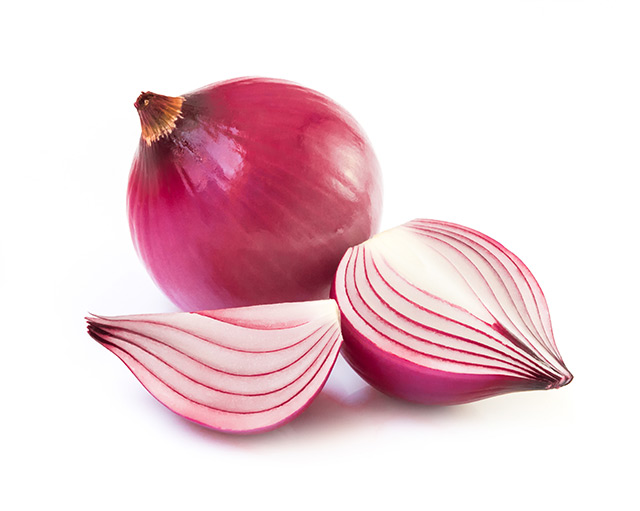How your body fights fat loss and what to do about it
12/29/2015 / By Michael Bundrant

Researchers with the University of Cambridge and Toho University have found that the fatter one is, the harder the body fights to keep it that way.
In more detail, they have found a protein that works to inhibit the release of stored fat as energy. Named sLR11, its levels within the human body directly correlate to how fat one is. The higher the levels, the more you weigh. The less of this protein there is in your body, the less you weigh.
Researchers believe the role of sLR11 is to preserve fat stores by preventing the body from releasing fat quickly. In other words, your body does not want to lose weight, at least not as quickly as YOU do.
The reason for this is simply the body trying to protect itself from damage during severe environmental spikes that would otherwise deplete fat stores. These include things like famine or sudden bouts of cold weather. By inhibiting the body’s ability to burn all fat stores at once, you become much more effective at energy storage, resulting in a higher chance of survival.
While this proves the body still has a lot of adapting to do before it matches our current evolutionary needs, understanding this is a major step toward helping the fattest among us lose weight easier. Many also see it as a great way to help those on the other end of the spectrum, such as anorexia sufferers that need to gain weight.
Pharmaceutical companies want to use this research to develop thermogenesis drugs that theoretically address this issue so that you can lose weight more quickly. Of course, no one knows the possible side effects of these drugs, but you can probably count on the usual dangers. These potential drugs are years away from potential release to the public.
What’s Mother Nature’s remedy in this case? It appears the ultimate solution is patience. Patience, along with the miracle of personal discipline rather than pharmaceutical drugs. Imagine that…
Source:
http://www.sciencedaily.com/releases/2015/11/151124112140.htm
Tagged Under:




















